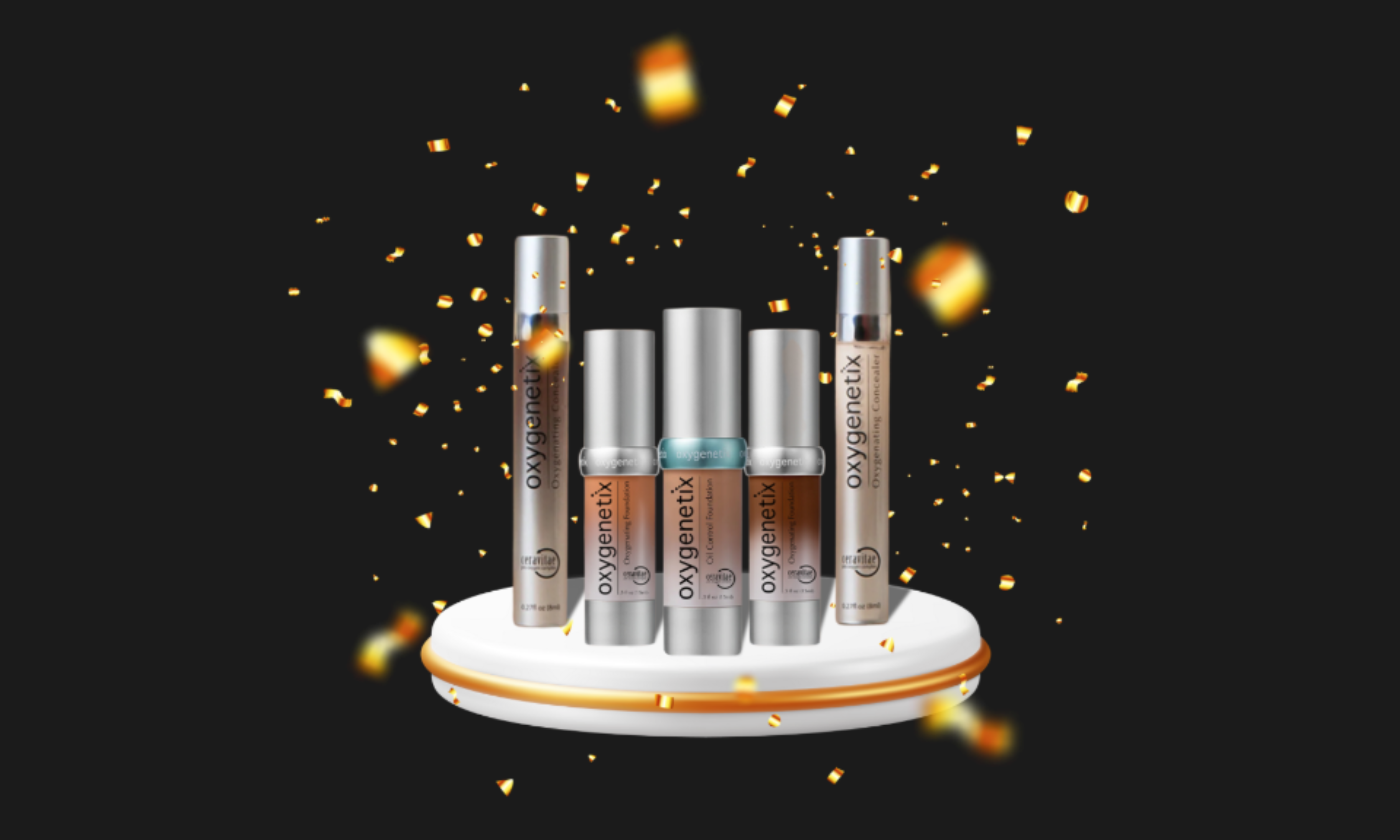
Is Cold Weather Affecting Your Skin and Overall Health? Here's Why
As temperatures drop, many of us notice changes in our skin and overall health. Cold weather brings its own set of challenges, from dry, itchy skin to increased susceptibility to illness. Understanding how the cold affects your body and taking proactive steps to protect yourself can make all the difference during winter months.
How Cold Weather Impacts Skin
Cold air holds less moisture than warm air, which can leave skin feeling dry and tight. Additionally, indoor heating systems exacerbate the problem by stripping away natural oils, leading to dehydrated and flaky skin.
The skin’s barrier can weaken in cold conditions, causing sensitivity, redness, and irritation. This makes it harder for skin to retain moisture and protect itself from environmental aggressors.
Areas like lips, hands, and feet are particularly prone to chapping and cracking due to frequent exposure to cold air and wind.
Overall Health Concerns in Cold Weather
People often drink less water in winter, not realizing that their body still needs hydration. This can lead to fatigue, dry skin, and even reduced immune function.
Cold temperatures can constrict blood vessels, making it harder for the immune system to function optimally. Staying warm is critical for maintaining overall health during the colder months.
Hydration and Protection Tips
Choose the Right Moisturizer
Selecting the right moisturizer is key to maintaining healthy skin in cold weather. Oxygenetix Oxygenating Hydro-Matrix is an ideal year-round option. This lightweight yet deeply hydrating formula locks in moisture without clogging pores, making it perfect for all skin types—even sensitive or acne-prone skin. The Hydro-Matrix also promotes oxygen flow to your skin, aiding in overall skin health and vitality.
Be Cautious with Thick Creams
While thick creams may seem appealing in winter, not all are created equal. Some can suffocate your skin and clog pores. Look for non-comedogenic formulations with ingredients like hyaluronic acid, glycerin, or ceramides to deeply hydrate without causing breakouts.
Hydrate From Within
Drink plenty of water, herbal teas, or warm broths to keep your body hydrated. Foods high in water content, like fruits and vegetables, are also helpful.
Protect Against Cold Air
Wear scarves, gloves, and hats to shield exposed skin from the elements. Using a humidifier at home can combat the drying effects of indoor heating.
Humidifiers can help your skin stay hydrated throughout the winter as you sleep. Dr. Kiracofe from AAD explains, “(During the) winter, I recommend patients consider adding a filtered, cool-mist humidifier in their bedrooms. Not only can this help treat dryness, but it can be an effective tool for prevention.”
Avoid Overheating Indoors
Hot showers and heating systems can dry out your skin. Opt for lukewarm water when bathing and keep indoor temperatures moderate.
Stay Warm, Stay Hydrated, Stay Healthy
Winter can be tough on your skin and body, but with the right care, you can stay comfortable and radiant throughout the season. By prioritizing hydration, protecting your skin from harsh conditions, and using trusted products like Oxygenating Hydro-Matrix you’ll be prepared to face the cold with confidence.
Your skin deserves the best—no matter the season. Make mindful choices today for healthier, happier skin tomorrow!


Laisser un commentaire
Ce site est protégé par hCaptcha, et la Politique de confidentialité et les Conditions de service de hCaptcha s’appliquent.